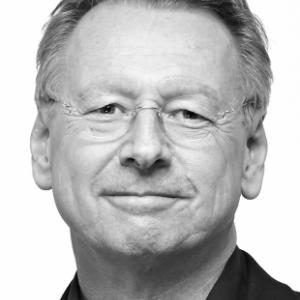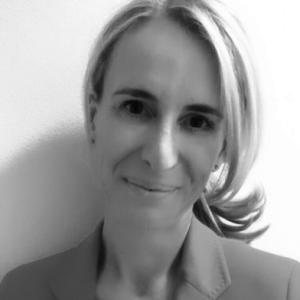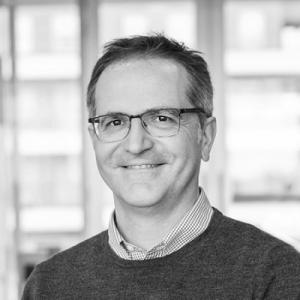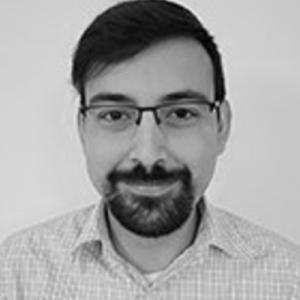Previous Webinar
Improving best practice selection and use of chemical probes
June 7, 2023, 3:00 am EDT / 9:00 am CEST
Watch WebinarProgram
Host and moderator: Paul Workman, Institute of Cancer Research
|
15 min
|
Paul Workman, Institute of Cancer Research
|
Revisiting the promise and perils of chemical probes: Progress and challenges eight years out
|
|
30 min
|
Lenka Munoz, University of Sydney
|
Chemical probes in biomedical research: Status quo and moving forward
|
|
15 min
|
Paul Workman, Institute of Cancer Research
Lenka Munoz, University of Sydney
Guillaume Lessene, WEHI
Felipe Ossa, Assoc. Editor, Nature Communications
|
Panel discussion & Q&A
|
Abstract
Chemical probes have become increasingly important in biomedical research, but their impact depends on the experimental design. Recently, Lenka Munoz and colleagues conducted a systematic review of publications using eight well-characterized chemical probes. Their analysis revealed that only 4% of the 662 publications analysed used chemical probes in accordance with recommended best practices. This webinar aims to raise awareness of the alarming lack of best practices with chemical probes and to discuss potential solutions to improve their use in biomedical research. Join the webinar and learn more from Paul Workman, Lenka Munoz, Guillame Lessene and Felipe Ossa, Assoc. Editor at Nature Communications.
BIO SKETCHES

Paul Workman (Chemical Probes Portal, ICR, London)
Professor Paul Workman FRS FMedSci FRSC is a multidisciplinary cancer research scientist, molecular pharmacologist and chemical biologist who has been responsible for the laboratory discovery of chemical probes and innovative cancer drugs. His specialty is designing personalized cancer medicines that are targeted to precise molecular abnormalities and vulnerabilities – an approach he refers to as ‘drugging the cancer genome’. Paul is particularly well known for the discovery of clinical drug candidates and chemical probes inhibiting protein kinases, PI3 kinases, the molecular chaperone HSP90 and recently the HSF1 pathway.

Lenka Munoz (University of Sydney)
Professor Lenka Munoz received her PhD in Medicinal Chemistry from the University of Bonn, Germany and completed a post-doctoral fellowship in molecular pharmacology at Northwestern University, USA. She started her academic career at the University of Sydney in 2011 and was promoted to Professor of Molecular Cancer Pharmacology in 2021. Prof Munoz is Head of Cancer Research, School of Medical Sciences and Research Academic Director (Biomedical), Faculty of Medicine and Health as well as Head of the Cell Signalling Laboratory at the Charles Perkins Centre at The University of Sydney.

Guillaume Lessene (WEHI, The Walter and Eliza Hall Institute of Medical Research)
Guillaume Lessene is the leader of New Medicines and Advanced Technologies Theme at the National Drug Discovery Centre, an initiative of the Walter and Eliza Hall Institute (WEHI) in Parkville, Melbourne. This multidisciplinary research theme comprises of basic research driven by structural and chemical biology, translation of basic discoveries into new medicines together with clinical research, and cutting-edge technologies. The major research focus of Guillaume is the development of small molecules that target apoptotic and necroptotic cell death pathways.

Felipe Ossa (Nature Communications Editorial Office)
Felipe joined Nature Communications in October 2022. He has an MSc in Biochemistry and a PhD from Oxford University. His thesis research used NMR, biophysics and fluorescence microscopy to study the structural biology of a membrane receptor and proteins involved in protein homeostasis He has completed post-doctoral training projects on protein chaperones at the Oxford University and drug discovery targeting an intracellular chloride channel at Queen Mary University of London, where he also spent time as a teaching fellow in the biological sciences specialised in biochemistry, biophysics and structural biology – topics that he is now handling as an editor. He is based in the London Office.